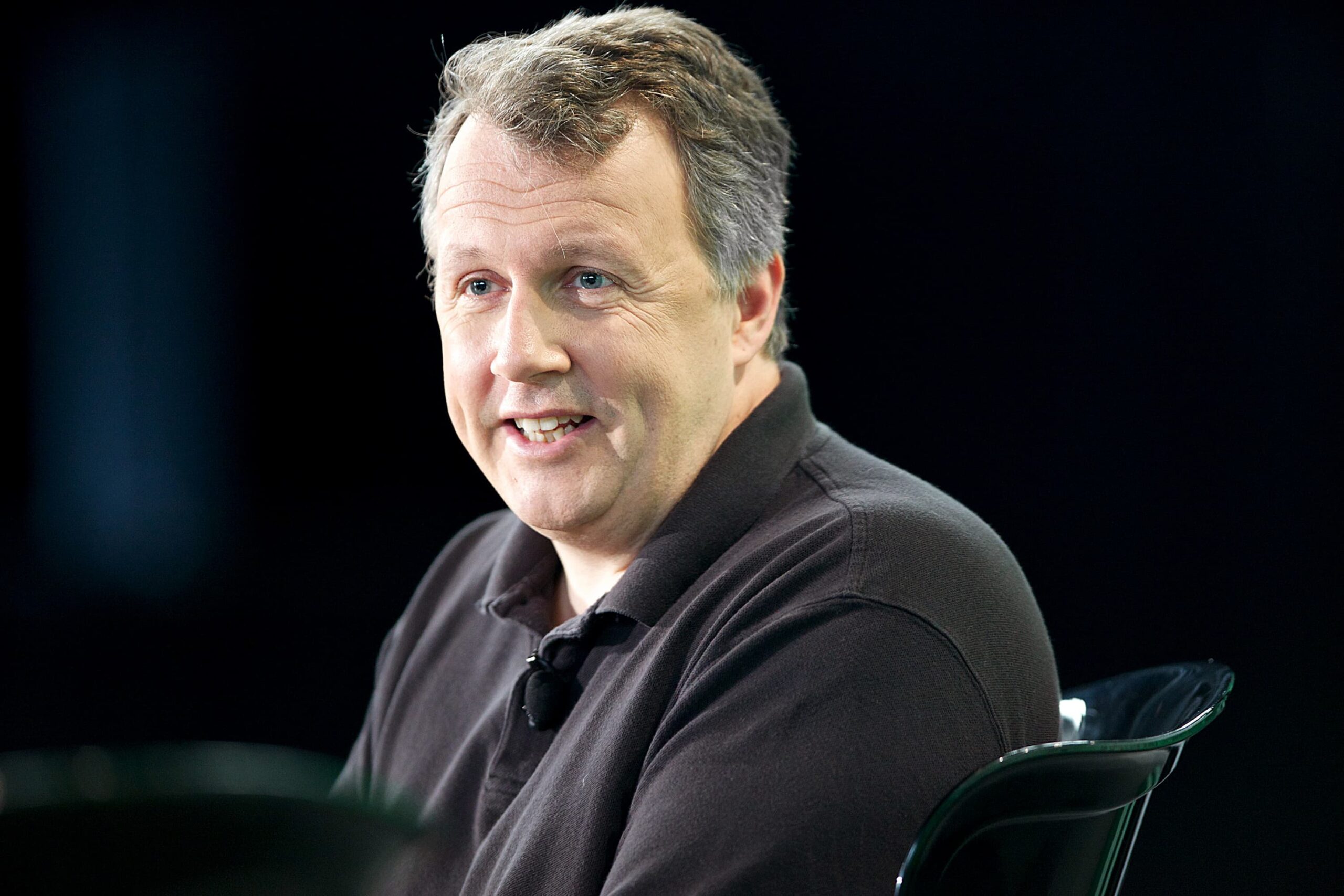Everyone loves that Dakota Meyer quote about not taking criticism from people you wouldn’t take advice from. LinkedIn eats it up. Founders tattoo it on their minds. It’s also completely backwards.
Here’s what I’ve learned analyzing hundreds of companies through the positioning lens:
Successful founders are terrible at explaining their own success.
Ask Stewart Butterfield why Slack won, and he’ll tell you about bottom-up distribution. He won’t tell you (because he can’t see) that Slack owned “work messaging” as mental territory. The distribution was inevitable, not chosen.
Ask Dylan Field about Figma and you’ll hear PLG tactics. The reality? “Collaborative design” required real-time multiplayer to exist. The position demanded the model.
Ask any unicorn founder their strategy and you’ll get retrofitted narratives, not causal truths.
Even Paul Graham (startup wisdom’s high priest) falls into this trap.
PG’s essays have become scripture in Silicon Valley. “Do things that don’t scale.” “Make something people want.” “Launch fast and iterate.”
Useful? Sure. But notice what he doesn’t tell you:
Why did Airbnb succeed when dozens of other rental marketplaces failed? Not because they “did things that didn’t scale” harder. Because they owned “belonging” while others were stuck selling “cheap beds.”
PG will tell you about founder determination and product-market fit. He won’t tell you about mental territory — because even with his pattern recognition across thousands of YC companies, he’s still viewing from inside the practitioner’s lens.
His advice creates tactical robots, not strategic thinkers.
Every YC startup now:
- Launches fast (into crowded markets)
- Iterates quickly (on features nobody differentiates)
- Talks to users (who tell them to build what competitors already have)
- Does things that don’t scale (without asking what mental position would make scaling inevitable)
They’re optimizing execution in markets where someone else owns the position. They’re following PG’s tactics without understanding that successful YC companies actually won by unconsciously claiming unclaimed mental territory.
This is the practitioner’s paradox:
Those who’ve done it can tell you WHAT happened. They can’t tell you WHY it worked. They experienced it from inside, where tactics feel like strategy and correlation looks like causation.
Meanwhile, the best insights come from pattern observers:
- Porter never ran a company, but competitive strategy exists because of him
- Christensen didn’t disrupt anything, yet explained disruption better than any founder
- Ries and Trout never built brands, but defined how positioning actually works
They had distance. Distance reveals patterns that proximity obscures.
The real framework for taking advice:
Don’t ask: “Have they done it?” Ask: “Can they see what I can’t?”
The founder who built a $100M company will tell you their tactics worked because they were smart. The outside analyst will tell you their tactics worked because they accidentally owned mental territory their competitors couldn’t claim.
One gives you confidence. The other gives you truth.
Here’s what actually matters:
Builders build from inside-out. They solve immediate problems, ship features, close deals. They’re too busy surviving to see structural patterns.
Observers see from outside-in. They spot which companies own nouns vs adjectives. They recognize when business models create inevitability vs luck. They identify positioning that founders don’t even know they have.
The irony?
The same founders who say “only take advice from practitioners” pay millions to McKinsey consultants who’ve never operated anything. Why? Because those consultants see patterns across industries that operators, buried in their single context, cannot.
The uncomfortable truth:
Your biggest breakthroughs won’t come from copying someone who did it before. They’ll come from someone who can see what you’re actually doing versus what you think you’re doing.
Most founders think they’re building products. The successful ones are claiming mental territory. But ask them, and they’ll talk about product-market fit, not mental monopolies.
So here’s my advice (from someone who hasn’t built your company):
Stop asking successful founders HOW they did it. They’ll give you tactics that worked in their context, at their time, with their unconscious positioning.
Start asking observers WHAT patterns they see. They’ll show you the mental territory that’s available, the positions that create gravity, the difference between what you say and what you own.
The founders who insist on only taking advice from other founders are the ones still competing on features while someone else owns the noun.
The founders, reading PG essays like religious texts, are building the 50th “Uber for X” without realizing Uber owns “ride” and they’re fighting for scraps.
But sure, only listen to people who’ve done it before.
That’s why every SaaS looks identical, every pitch deck follows the same template, and everyone’s competing for the same mental territory that’s already owned.
The real edge isn’t learning from someone who succeeded. It’s learning from someone who can see why.
Note: I study and practice positioning for a living. I see what companies own versus what they think they sell. The founders who listen discover they’ve been playing checkers in a game of chess. The ones who don’t are still asking other founders which checker moves work best. Even the gods of startup advice can’t see the game they won.



Leave a Reply
You must be logged in to post a comment.